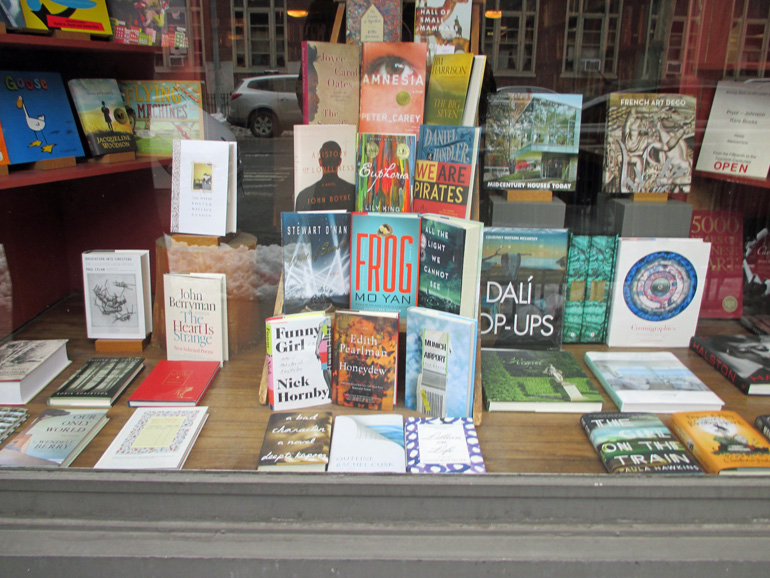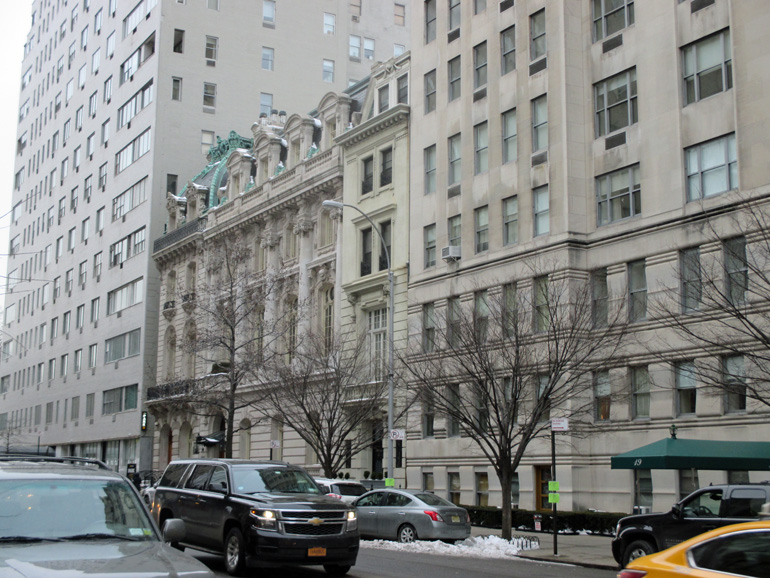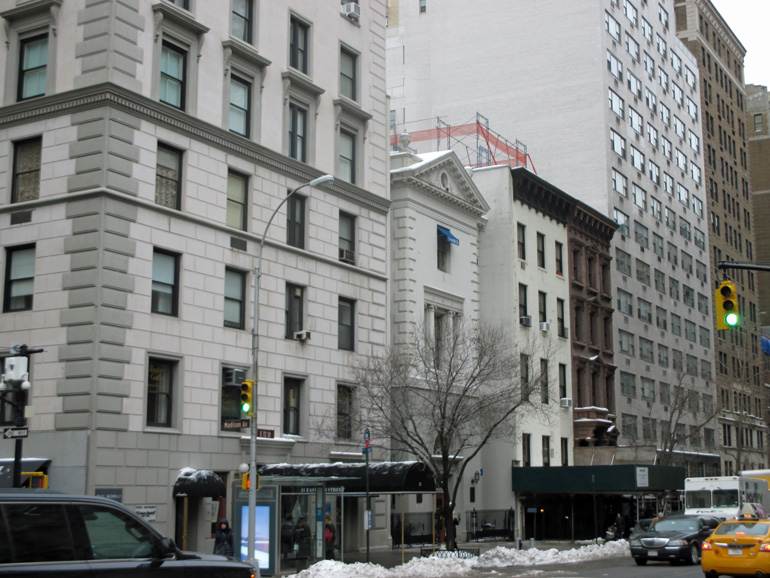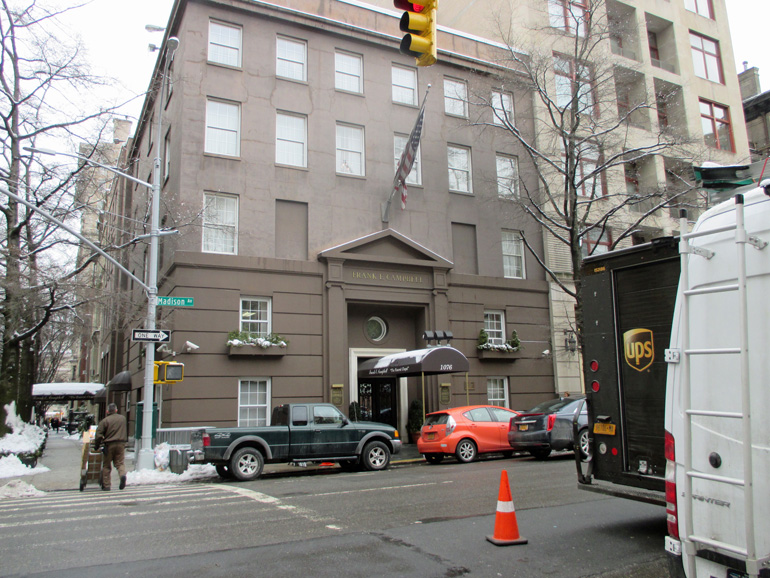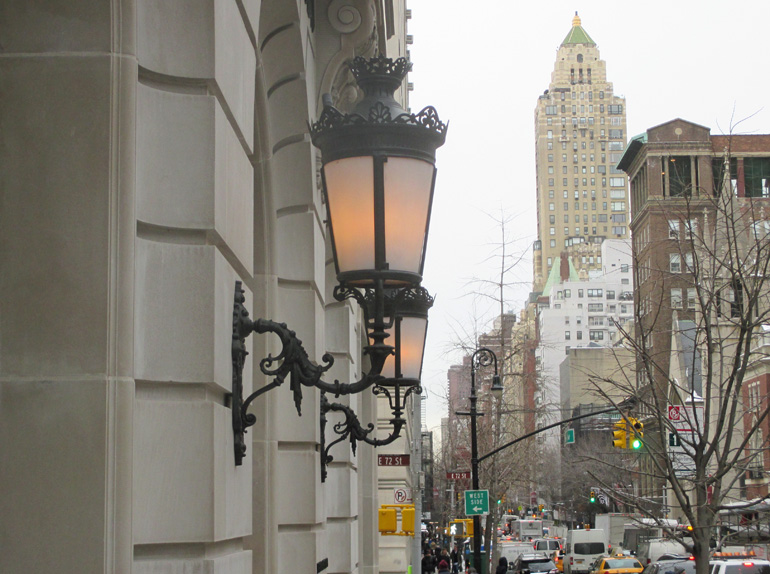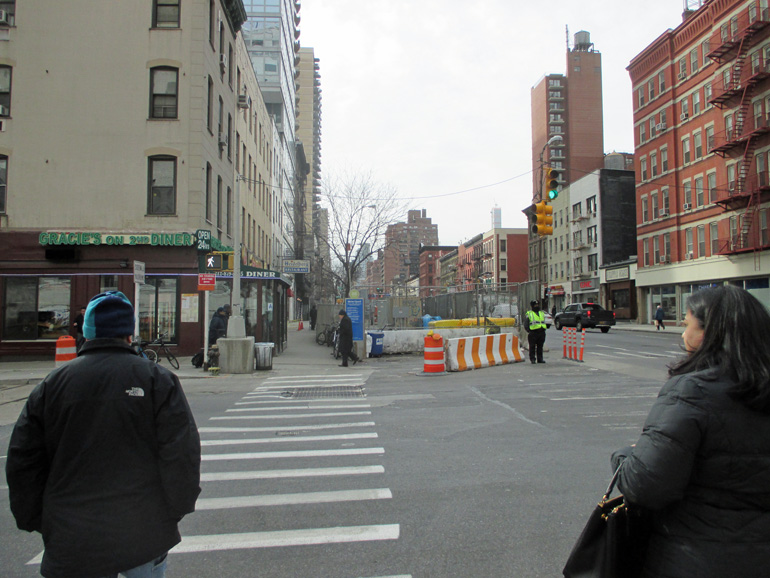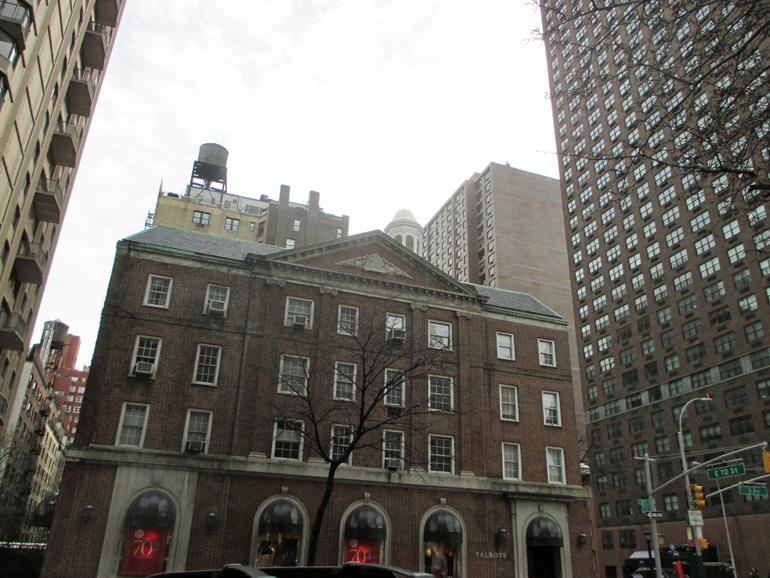History Note:
Love Ancient and Modern
12 February 2015
Yesterday, I wrote a few paragraphs about the Middle Ages, thinking out loud about some ideas about the period that are all my own. That’s not to say that they’re not anybody else’s; they might very well be. But I arrived at what I said yesterday on my own, sifting years’ of reading and bearing in mind the absurdity of the monicker: Middle Ages. How unreal! It was over before it existed! But this is true of almost all historical periods. No one thought of such labels until the Nineteenth Century. So you could argue that the Middle Ages “happened” two hundred years ago. I could argue that what I was doing yesterday was trying to separate things that really happened, and that people were actually aware of, in, say, 1200 from things that happened when modern historians began to appraise those things.
Here’s something similar. I’ve always “known” that the thinkers and poets of Antiquity regarded what we call romantic love — that involuntary surrender to transcendental emotions — as a madness, or an illness of some kind. If you were lucky, you never experienced the fever. How different we are! Ever since Rousseau and Shelley, we have been longing for the miseries of love, prizing them above all other experiences. Not until you have had your heart broken, we believe, can you be said to be fully human. But there’s a little problem. I cannot actually point to any primary source for either of these views. I can’t quote a Greek or a Roman on the subject of love-as-disease. Is it true that the ancients took this view of love, or did “this view” come into focus only after 1800? I should have to study the matter — which is to say that I don’t really know about it yet.
I was thinking about it — love as a regrettable condition — while reading According to Mark, a novel by Penelope Lively that openly treats a certain kind of love in this way. The moment at which Mark Lamming, a literary biographer more or less happily married to a stylish gallerist, realizes that he has fallen in love (with Carrie, the ginger-haired operator of a Garden Center who never reads books) could not be more dysphoric: sitting glumly in the Tube, “he knew what had happened to him.”
The reader is of course way ahead of Mark, having seen this coming; but Lively is way ahead of the reader, too. Lively knows what damage readers expect to follow the thunderbolts of passion. Scenes, evictions, marriages broken, jobs lost, &c &c. (This is perhaps her great theme: she knows what readers expect, and she gives them something else instead — something that turns out to be rather more plausible.) Oh, dear, she sees the reader thinking. Poor Mark, his whole life overturned by a stroke of bad luck. Not that Mark is romantically “blameless.” In romantic terms, that is, Mark is a dried-up pedant, impatient with those who don’t belong to the chattering classes, and certainly an intellectual snob when it comes to women whose true loves are primulas and saxifrage. But this was always the point of the ancients’ bouleversements: a would-be innocent bystander is undone by a vulnerability which he believed to be quite impossible. Guilt and innocence aren’t the point; irony is. And that is how Lively treats Mark’s malady.
At the same moment as Mark entered the room, saw her and experienced that universal thrill that is compounded of panic and exhilaration in equal proportions, it came to him that he was, quite simply, suffering a form of illness. He was temporarily disabled; there should be some kind of treatment for men of his age and situation thus stricken. It should be possible to go along to some professional but understanding bloke in a consulting room and say, “Look I have this tiresome problem; I’m a busy man and I’ve fallen in love with a girl with whom I have nothing whatsoever in common and I happen to love my wife anyway and I can’t afford the expenditure of time or emotion.” And the chap would nod and reach for a prescription pad and say, “There’s a lot of it around at the moment. Take these three times a day — they usually do the trick.” And that would be that. (82)
This comic deflation of what are usually taken to be deathless agonies is very amusing, but it happens to foreshadow the development of the “love plot,” which, I’ve rather shabbily neglected to mention, is not the heart of the novel. (According to Mark is a dramatic meditation on the relationships, not altogether unlike a love triangle, between biography, biographer, and subject.) The place of the professional but understanding bloke is taken by Mark’s wife, Diana. Does Diana have a fit when she finds out, from Carrie of all people, not only that Mark has fallen in love with her but that they have been to bed together four times? Not bloody likely!
Diana, inspecting Carrie, felt a further uprush of the energy and planning ability that had seized her ever since that moment in the café in Sarlat. Crises always brought out the best in her; she actually enjoyed episodes like burst pipes or scalded limbs or domestic drama among friends requiring immediate bustle and organisation. She had seen what to do at once. You stepped right into the centre of things and took over. What you certainly did not do was send the girl packing or heap recriminations or stow Mark away under lock and key (as if that were possible). No, what you did was establish control.
She would drive. Mark would come in the front, because he would have to map-read. Carrie and the luggage would go into the back. She, Diana, would draw up an itinerary which Mark in his present shell-shocked state would be unlikely to query. She would see to it that everyone was kept busy, fed, and slightly overtired. They would be under her eye. The whole thing would be domesticated and once she got them back to England, she would have had time to work out the next phase. Carrie, who was basically docile, would have accepted her as administrator and decision-maker. Mark … well, Mark would probably be all to ready for the comforts of home and routine. (145-6)
And that is how it all works out — on the surface. Carrie and Mark go on to have further adventures, not with one another but conditioned by the peculiar relationship that they have had. Lively brings us around to the truly up-to-date understanding that “love” was never what Mark felt for Carrie, and that it was probably somewhat grandiose of him to think that it was. Indeed, the kind of love experienced by Mark is better known as infatuation. The ancients were right — just not about love.
But which ancients, exactly?

